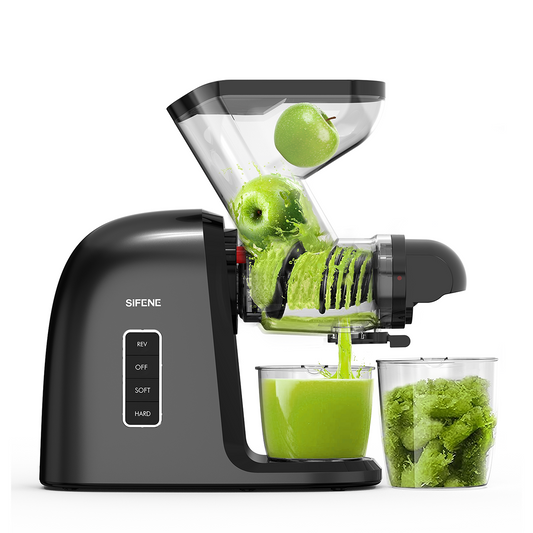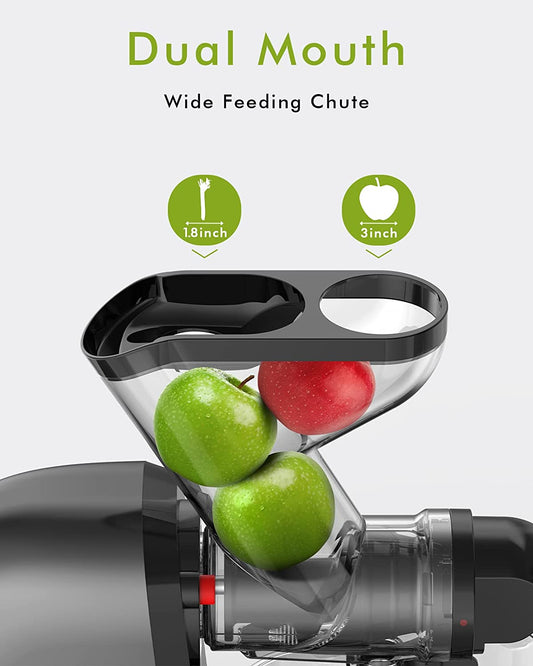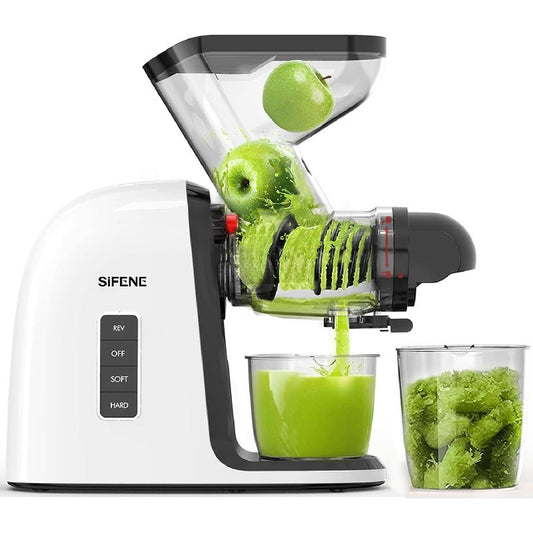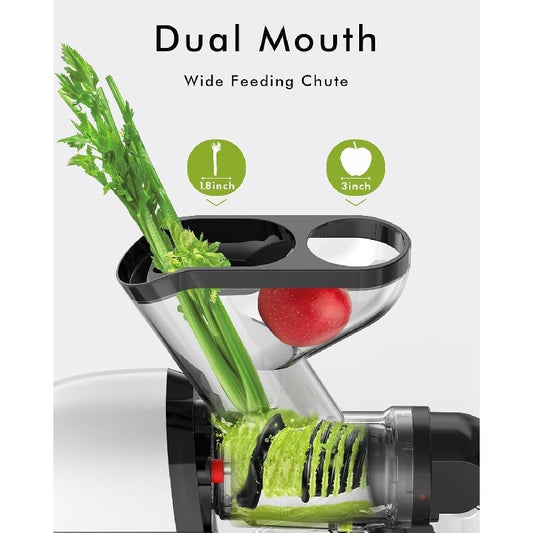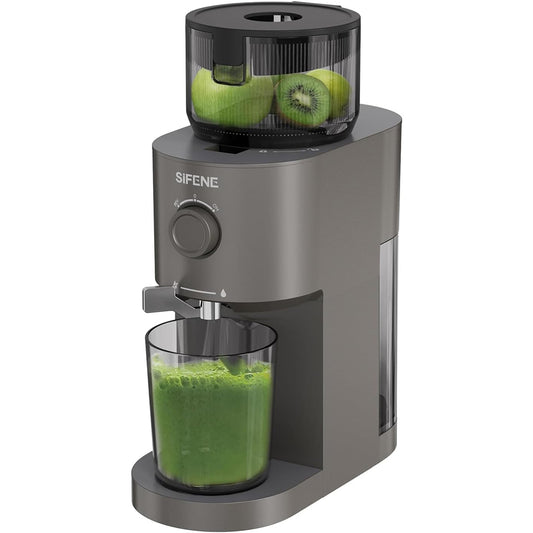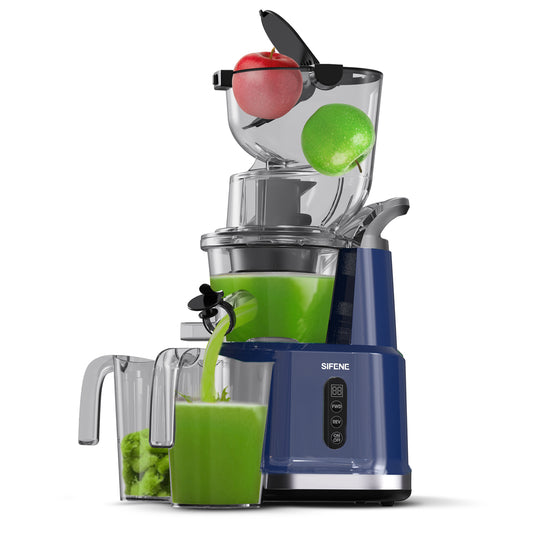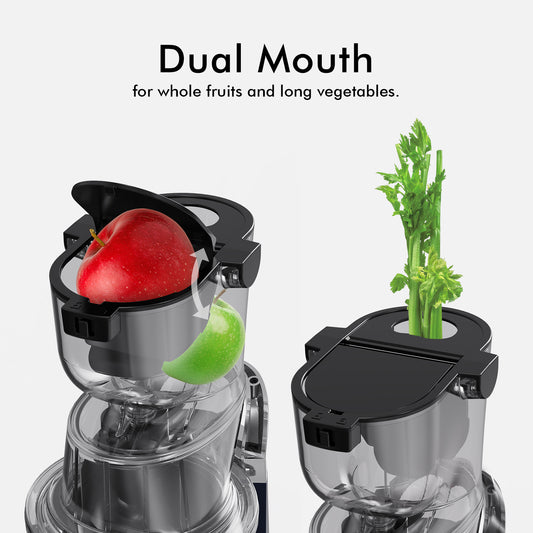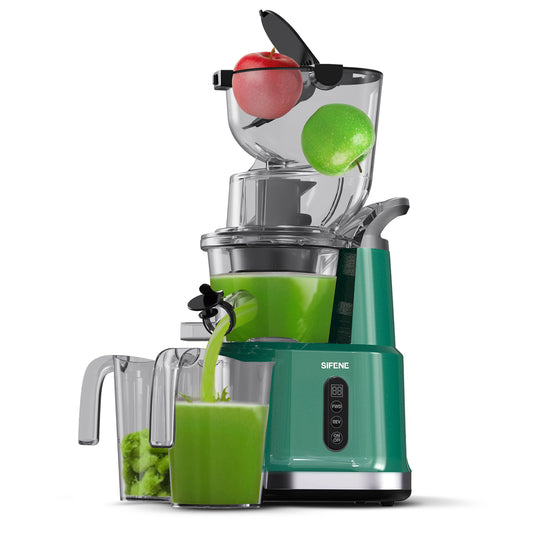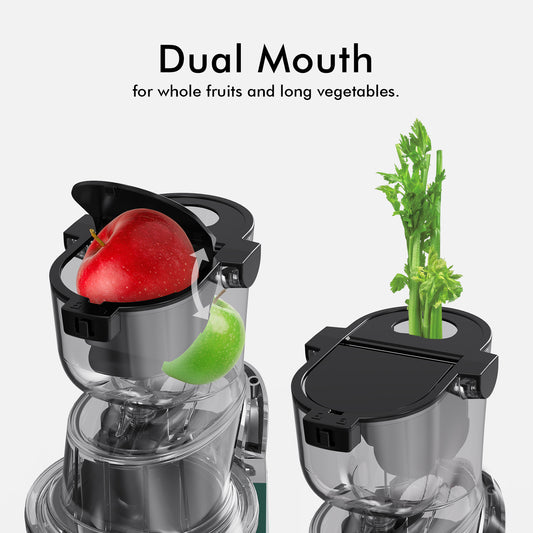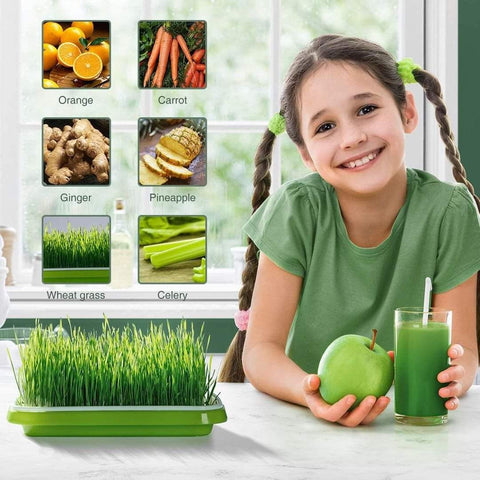
When juicing, there are staple vegetables I return to again and again: carrots, cucumbers, leafy greens, apples, beets, and sweet potatoes. When it’s time to add a bit more variety, I find myself reaching for anything I can find in the fridge. But that got me thinking, are there any fruits and vegetables that I shouldn’t be juicing? Some produce can’t be juiced simply because you won’t be able to extract juice from it very well, such as berries and bananas. But I was most interested in potential negative side effects from juicing certain vegetables. We’ll cover a list of both the vegetables that should not be juiced for health reasons and those that simply don’t produce much juice. A lot of the answers I found surprised me!
COMPLETE LIST OF FRUITS & VEGETABLES THAT SHOULD NOT BE JUICED
SAVE THESE FRUITS & VEGETABLES FOR SMOOTHIES
- Rhubarb
- Figs
- Eggplant
- Bananas
- Berries
DIFFICULT TO JUICE BUT YOU CAN TRY (IF YOU MUST)
- Mangos
- Avocado
- Winter Squash
- Papaya
- Peaches
ADD THESE TO YOUR COMPOST BIN OR TRASH CAN:
- Citrus rinds
- Pits, including those from avocados, peaches, etc.
- Apple seeds
- Papaya peels
- Carrot greens
VEGETABLES THAT SHOULD NOT BE JUICED EVERYDAY
Spinach contains oxalates and raw kale contains goitrogens. Oxalates are also found in bananas, mangoes, cauliflower, and more. Goitrogens are found in raw cruciferous vegetables and can affect thyroid function in large amounts. Keyword: large amounts. Before you swear off spinach or kale, know that normal serving sizes of spinach and kale are not going to cause problems. It’s only when ingesting large amounts that you will run into issues (exceptions to this statement are listed in the section below). Plant-based vegans need to be more aware of oxalates and goitrogens, since they are more likely to consume large amounts of fruits and vegetables that contain them.
The moral of the story is that variety is your friend. Most of the issues associated with juicing too much of any vegetable only occurs when you’re drinking or eating significant amounts of that vegetable each and every day.If you make it a point to include variety in your meals and juices, it’s highly unlikely you’ll have any health issues with juicing vegetables or fruits.
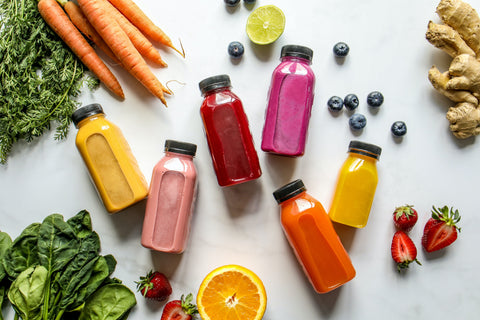
VEGETABLES THAT SHOULD NOT BE JUICED IF…
YOU HAVE THYROID PROBLEMS:
Avoid large amounts of raw cruciferous vegetables, such as cabbage, broccoli, and kale. Large amounts can disrupt the thyroid gland. Those with thyroid issues should consult with their doctor and be more aware when consuming raw cruciferous vegetables.
YOU EXPERIENCE STOMACH BLOATING:
If you find yourself bloating after drinking juices, consider reducing the amount of cruciferous vegetables, such as kale or bok choy. Though these vegetables are wonderful for health, they may cause bloating for some people when raw. If this is you, lightly steaming these vegetables may be a better way to receive their nutritional value.
YOU HAVE OR HAVE HAD KIDNEY STONES:
Oxalates, which are found in bananas, cherries, mangoes, raw spinach, chard, and more, can worsen or create kidney stones when eaten in large amounts. They can also block iron and calcium absorption, again, when eaten in large amounts. For most people, oxalates will never be an issue. However, it’s always good to bring awareness to what you’re eating and juicing to ensure you receive a variety of nutrients.
YOU’RE MANAGING BLOOD SUGAR:
Increase your vegetables to fruit ratio and avoid fruits such as pineapple, mango, pears, and other fruits that are particularly high in sugar. It’s also recommended you discuss juicing with your doctor first.
WHAT FOODS SHOULD NOT BE JUICED TOGETHER?
There are no known edible vegetables or fruits that cannot be juiced together. In fact, “when apple mash is mixed with other vegetables,” the resulting juice has increased nutrients and minerals.
CAN I DRINK GREEN JUICE EVERYDAY?
Yes! And it is a wonderful practice. However, learn which leafy greens work best with your body and shuffle through them. I mostly use kale in my daily drink, switching it out for spinach once or twice a week. However, you can use bok choy, chard, wheatgrass, and more. The only thing to remember is that greens containing oxalates (spinach, chard) should be used less often.
THE BEST FRUITS AND VEGETABLES FOR JUICING
- Cucumbers
- Sweet Potatoes
- Celery
- Apples
- Carrots
- Beets
- Wheatgrass
- Spinach (one or twice a week)
- Romaine lettuce
- Ginger
- Parsley & Cilantro
- Turmeric
- Fennel
- Lime or Lemon
And the list could go on! There are far more vegetables and fruits that you can juice than ones that you can’t. Putting some attention on getting a variety of fruits and vegetables will ensure you get nutritional variety and stay out of a juicing rut. Of course, we are not doctors and this has not been evaluated by one; if needed, find the proper professional to ensure your juicing routine is healthful for you. And as always, feel free to call or email us; we’d love to connect with you.

